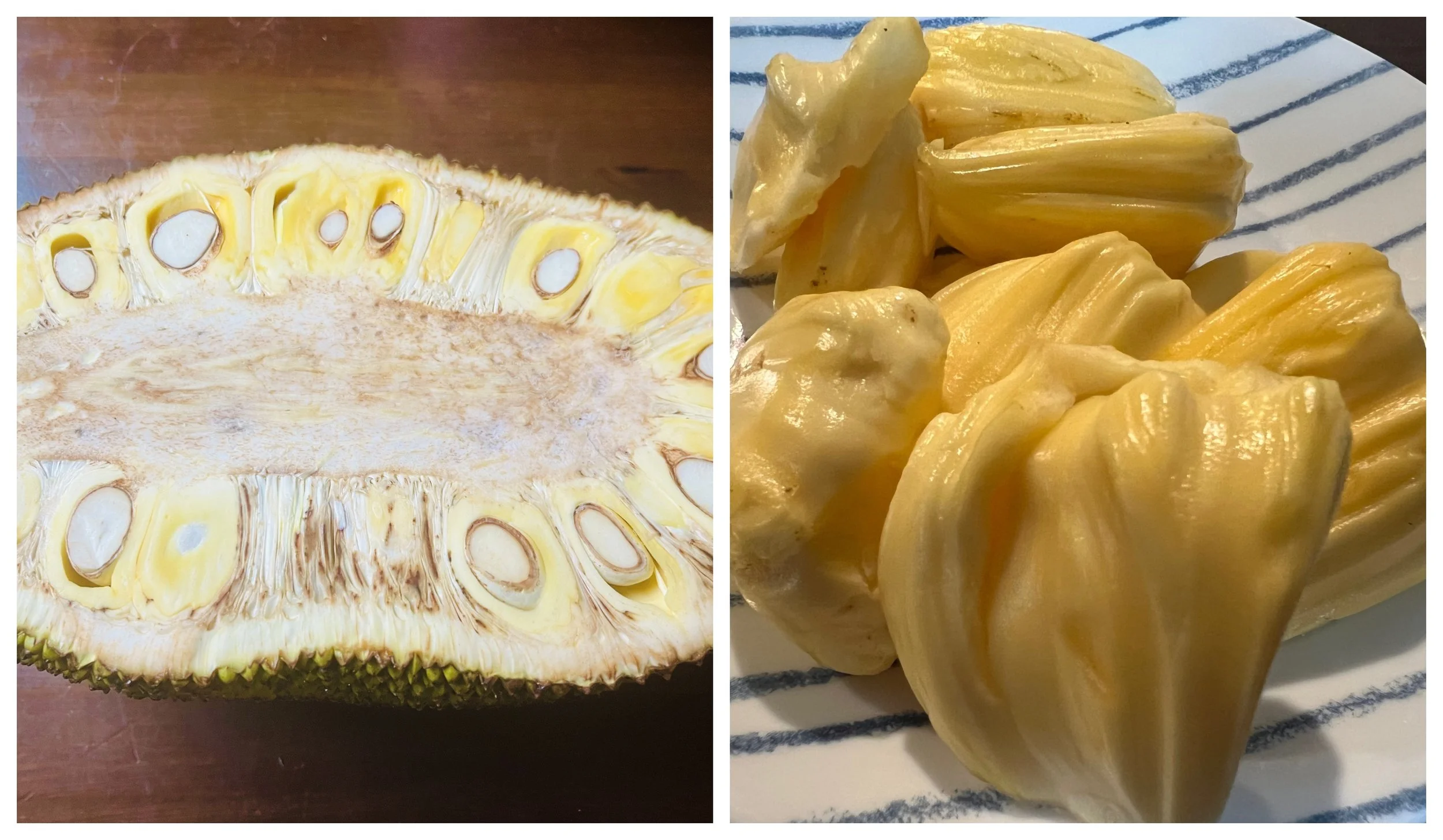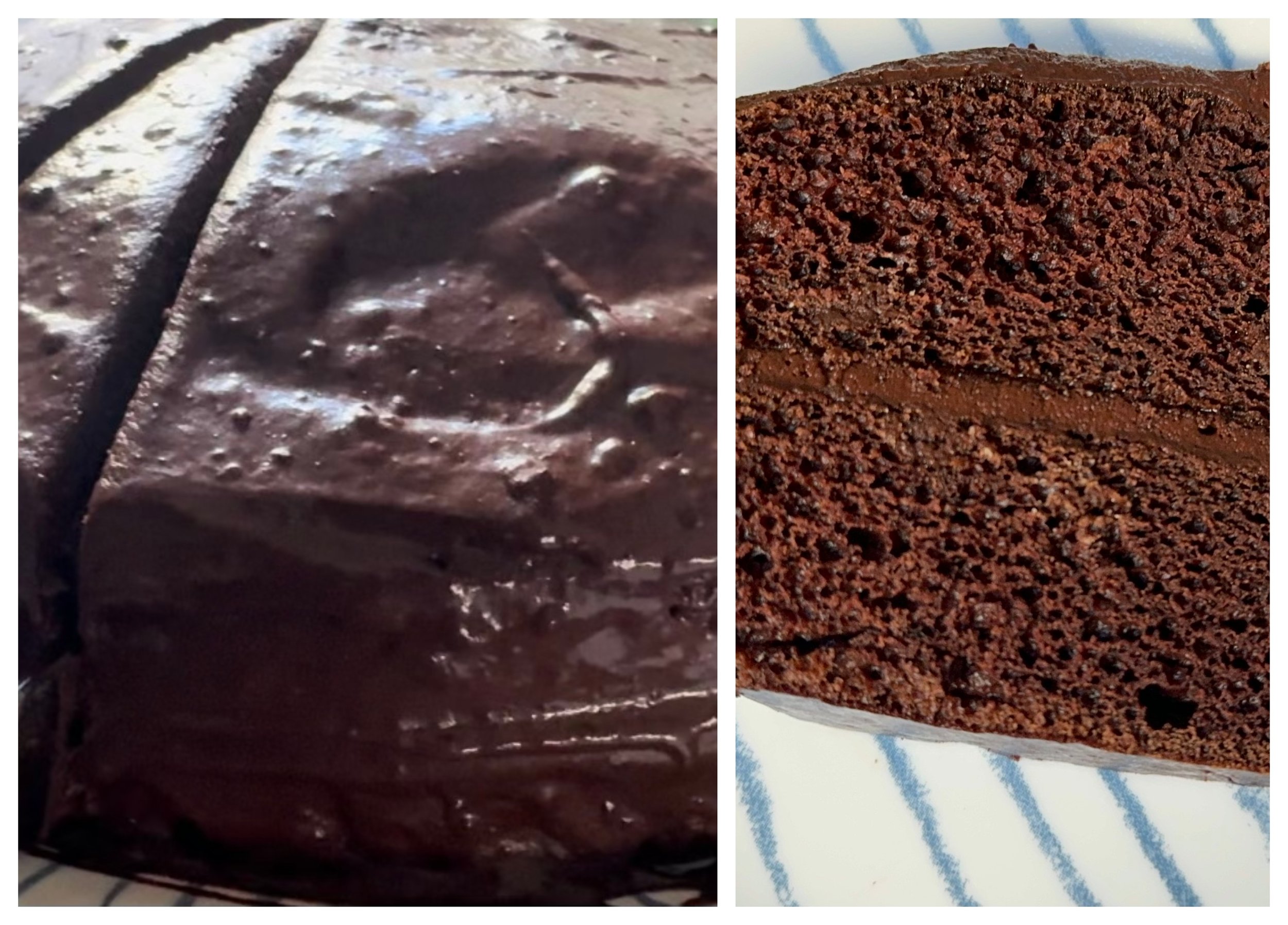Ingredient spotlight: Mint - Mentha piperita

Mint is a well-known perennial herb that is used worldwide in a variety of culinary, medicinal, and cosmetic applications. The leaves, oil, and leaf extract are used in various ways including aromatherapy, toothpastes, mouth washes, and personal hygiene products. In this section we will explore the science behind the constituents of this herb.
Composition:
Mint is rich in compounds that have antioxidant properties. This includes phenolic acids like rosmarinic and caffeic acid. It also has flavonoids like eriocitrin, luteolin, and hesperidin, which are responsible for the antioxidant properties. Mint also has vitamins like Ascorbic acid and carotenoids that contribute to its health benefits. The volatile essential oils include menthol and menthone.
Uses:
Antimicrobial and Antiviral effects: Mint has been shown to have some antiviral and antimicrobial activity and may be beneficial for those without allergies to consume in teas and culinary preparations.
Analgesic and Anesthetic effects: Mint has been used in topical preparations to ease skin irritation and itching in people who are not allergic.
Gastrointestinal effects: Mint seems to have relaxation effects on the stomach and may help as an adjunct to traditional medicine. It must be noted that mint oil can aggravate cases of gastric reflux and increase acid secretion in people who already suffer from ulcers. Oral or inhaled mint is used to treat intractable nausea in cancer patients receiving chemotherapeutic agents. Mint may have some applications in irritable bowel syndrome, and it is always wise to check with your health care provider before trying this to help your symptoms.
Dermatologic applications: Though mint is used to calm skin irritation - in some cases it can cause allergic reactions, contact dermatitis and chemical burns when applied topically as an oil. For this reason, it is always recommended to do a patch test to test for allergies prior to using products that contain this oil.
In the above discussion we have briefly reviewed the properties of mint. It must be noted that mint must be viewed as a food and not a replacement for traditional medication prescribed by your healthcare physician. As always keep your health in center focus and live long and strong!


































